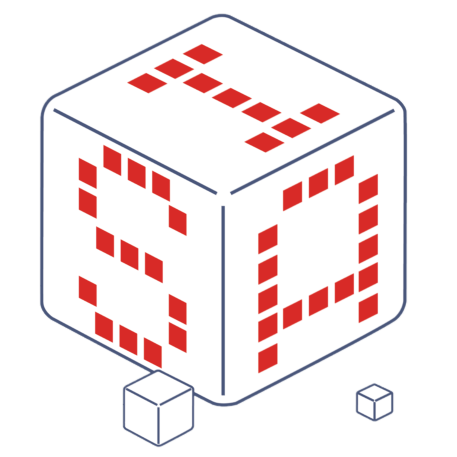

|
Institute of Information Systems and Applications |
|
|
Speaker: |
Prof. Chin-Fu Nien(粘儆夫) Assistant Professor in the Department of Electronics and Electrical Engineering at National Yang Ming Chiao Tung University |
|
Topic: |
ReRAM-based Processing-in-memory Architecture for Efficient AI Acceleration |
|
Date: |
13:20-15:00 Wednesday 16-Apr-2025 |
|
Link: |
|
|
Location: |
Delta 103 |
|
Hosted by: |
Prof. Te-Chuan Chiu |
Abstract
With the ever-growing demands of big data and AI applications, data transfers between the CPU and memory in traditional computer architecture lead to substantial energy dissipation. This issue, known as the von Neumann bottleneck, can be greatly alleviated by Processing-in-Memory (PIM) technology. Resistive Random Access Memory (ReRAM), a non-volatile device that can be organized as a crossbar structure, inherently supports matrix-vector operations required by AI applications. In this talk, I will introduce the ReRAM-based PIM architecture for AI acceleration, showcasing how it significantly improves data processing efficiency, paving the way for faster and more energy-efficient AI accelerators.
Bio.
Chin-Fu Nien (粘儆夫) received a B.S. degree in Electrical and Computer Engineering from the National Chiao Tung University (which was later renamed as National Yang Ming Chiao Tung University in 2021), Hsinchu, Taiwan, in 2014, and a Ph.D. degree in Electrical Engineering from National Taiwan University, Taipei, Taiwan, in 2017. He is currently an Assistant Professor in the Department of Electronics and Electrical Engineering at National Yang Ming Chiao Tung University (NYCU), Hsinchu, Taiwan. Before joining NYCU in 2024, he was a Postdoctoral Scholar at Research Center for Information Technology Innovation, Academia Sinica, Taipei, Taiwan, from 2017 to 2022. Afterward, he joined the Department of Computer Science and Information Engineering at Chang Gung University, Taoyuan, Taiwan, as an Assistant Professor from 2022 to 2024. His research interests include processing-in-memory architecture design; artificial intelligence and application-specific hardware accelerators; DC-DC power converter control, circuit design, and simulation.
All faculty and students are welcome to join.